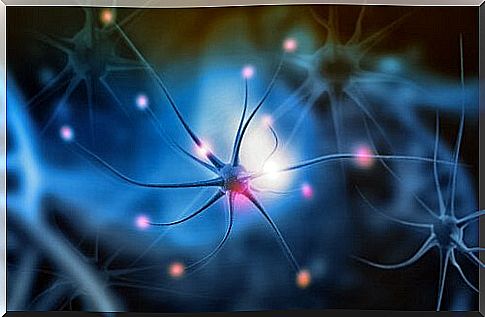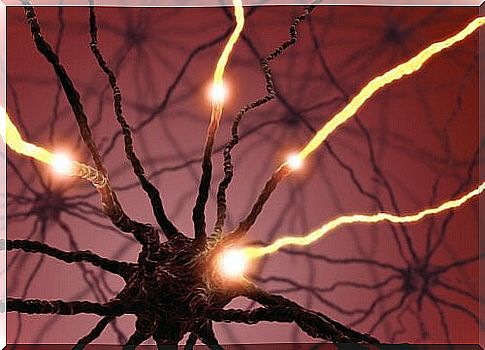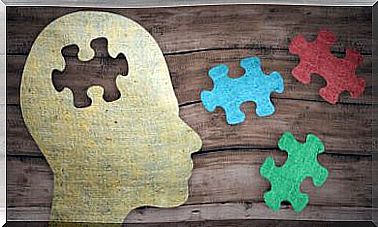Neurogenesis And Its Meaning

It is widely believed that neurons, or neurons, are created only during embryonic development. However, this is not true. New neurons are also generated in neurogenesis in adults. Neurogenesis is an integral part of neuronal plasticity and important brain functions such as learning and memorization. It is a fundamental discovery that is the subject of research by scientists specializing in the field.
Neurogenesis in adults was only recently observed. U.S. researchers Joseph Altman and Gopal Das witnessed neurogenesis in rodents in 1965. It was not until 1998 that Peter S. Eriksson and his research team discovered that new nerve cells were also forming in the central nervous system of adults.
Studies on neurogenesis in the hippocampus of adults, such as a study published in 2013 by the Spanish research team Róman Darío Moreno Fernández, Carmen Pedraza and Mílagros Gallo at the University of Granada, show that we produce new neurons in adulthood and are essential to promote their formation.
Want to know what neurogenesis means and why it is important? We’ll figure it out next.
Where does neurogenesis occur?
According to a 2007 study by Gerd Kempermann of Germany, neurogenesis occurs in the subventricular region of the brain (the lower part of the lateral ventricles), but especially in the hippocampus. The hippocampus is located in the temporal or temporal lobe and is part of the limbic system. The hippocampus plays a key role in memory-related activities, learning, spatial activities, and the regulation of emotions.
New neurons fall into two categories
Mexican Oscar Arias-Carrión and his team of researchers are familiar with adult neurogenesis. According to him, first of all, we have stem cells that can copy themselves indefinitely. Second, we have progenitor cells with more limited ability to divide and regenerate than stem cells. (Arias-Carrión, 2007.)

Why is neurogenesis so important?
In 2011, Sebastien Couillard-Després and Ludwig Eigner made the following observation: “It appears that new neurons made up of adult nervous system stem cells facilitate hippocampal-dependent functions, as decreased or ceased neurogenesis is associated with impaired cognitive function.” This finding highlights the importance of learning and memory in the production of new neurons.
So if we want our central nervous system to produce new neurons throughout our lives, we need to stay involved in the functions that promote the functioning of our brains.
Learning something new means not only acquiring a new skill, but also forming completely new neurons. Speaking a second language, playing an instrument, or some other activity that keeps our minds active encourages the formation of new cells. That’s why it’s worth keeping in mind that it’s never too late to learn something new.
A stationary lifestyle therefore has the opposite effect. It not only promotes neurogenesis but increases the risk of impaired cognitive function. Contrary to popular belief, what damages neurons is not excessive activity but lack of function. Drinking alcohol, smoking tobacco, poor sleeping habits and an unhealthy diet also damage nerve cells.
Neurogenesis requires more exercise and less stress
We know that physical activity reduces stress and helps us get fit, but exercise also promotes neurogenesis. Playa Anchan located in Chile’s Valparaiso University researchers Marco Mira Morales and Mauricio Valenzuela Harrington claim in 2014, completed its investigation as follows: “Physical exercise promotes neurogenesis in the adult human hippocampus, which is equivalent to a brain injury caused by an injury or after the healing of illness rehabilitation.”

When we are stressed, the hypothalamus secretes hormones that activate the pituitary gland to produce glucocorticoids and cortisol. If we are unable to stop the entry of cortisol into our body, it will affect our neurons in the hippocampus and prevent neurogenesis from occurring.
When we exercise, we regulate glucocorticoid levels and, as it were, turn off the brain activity that causes stress in our bodies. This in turn makes hippocampal regeneration easier. Overall, a stressed person’s hippocampus is unable to induce neurogenesis. The bottom line is that only a healthy hippocampus can achieve that.
If we want to keep our brains healthy and fit so that they produce new cells, we need to keep our brains working. We each have the opportunity to promote neurogenesis and it allows us to keep our minds fresh longer than we dared to hope.
So you should read, learn to play an instrument, go for a jog or walk, meditate and do other exercises. There are an endless number of different options to choose from, so you can’t have any excuse not to pursue any of these. Please want to give your brain the best possible operating conditions for as long as possible.









